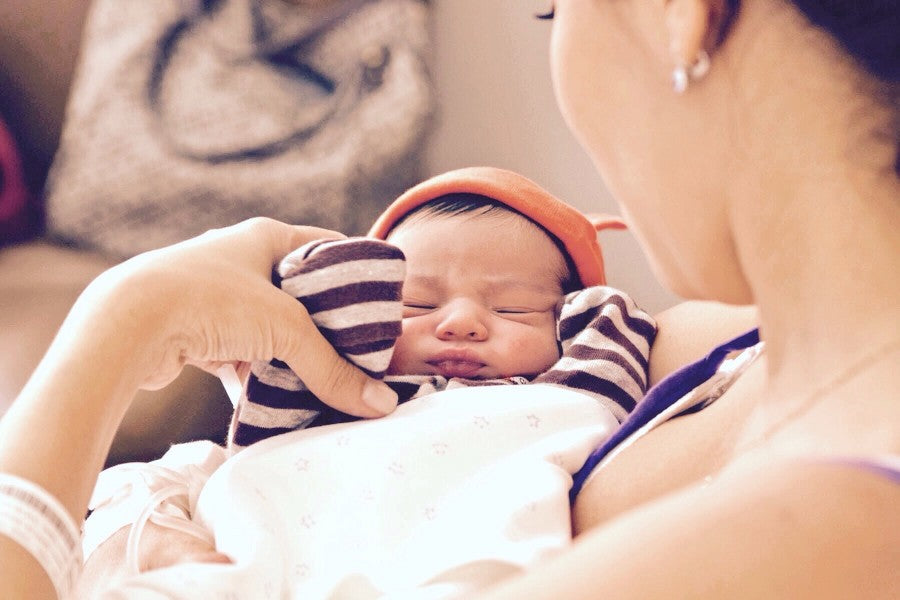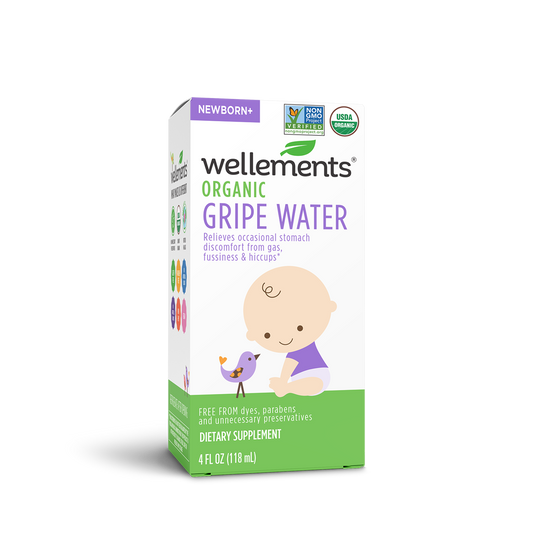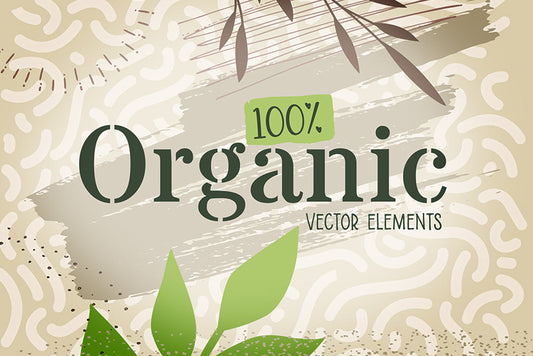Newborn Hiccup Guide: Ways of Preventing & Relieving Your Baby's Hiccups
| updated:Share

Anxiety and stress are familiar companions in the world of parenting, especially as a new mom or dad. Certain sounds babies make can lead to concern and moments like these can feel very overwhelming. You wish for nothing more than the security and happiness of your child, but as a new parent, you may feel at a loss of how to provide such things.
While you may wish for it, there is no magical product that will prevent all discomfort your baby may face but there are many products specially designed to help these ailments. Like hiccups! Hiccups are very common with babies - many even get them before they are born (mamas, you know what we’re talking about). Hiccups should cause concern but they can be annoying. Luckily, there are some things you can do to help them.
Are Hiccups Normal?
Hiccups are a natural bodily function. A hiccup is the result of rapid contractions in the diaphragm muscle, which then causes the vocal cords to snap shut, resulting in the hiccup sound. While the persistent sound can alarm some new parents, many babies do not even recognize the disturbance. Many newborns, in fact, will sleep straight through them.
However, while common, hiccups can interfere with feeding and sleep schedules. If your child is experiencing frequent bouts of hiccups, you may want to consult with a pediatrician to determine the best path forward. In most cases, hiccups are a result of reflux, overfeeding or belly distention, which can easily be alleviated by changing how you feed your baby.
Potential Causes of Hiccups in Newborns & Babies
Hiccups can occur for several reasons.
- Inhaling too much air while eating, which can lead to the spasming of the diaphragm.
- Overeating if bottle-fed, causing belly distention and again disrupting the diaphragm.
- Eating too quickly
- Anxiety or stress
What You Can Try to Prevent Hiccups
There are many things you can try in order to prevent hiccups, such as working on baby’s latch and burping them after every feeding. Whether you nurse or bottle-feed, a baby needs to latch onto the nipple securely. If they are not correctly positioned or do not take the bottle or nipple well, too much air could get in. Too much air will result in hiccups. To prevent air intake, you want your baby's lips sealed around the areola or bottle nipple. If using a bottle, you want to ensure the hole is not too big or too small, as either can result in hiccups.
If your baby is bottle-fed, hiccups can occur because a baby is eating too much at each feeding. An excellent way to prevent overfeeding is to space meals throughout the day.
Finally, frequent burping is one of the best methods for preventing hiccups. By relieving any built-up gas, you reduce the pressure on your child's diaphragm muscles.
Tips for Relieving Hiccups
When it comes to relieving hiccups, try nursing, offering a pacifier or giving the baby some gripe water. While it may seem counterintuitive, the act of sucking has a soothing effect for newborns.
4.4 /
5.0
(64)
64
total reviews
Gripe Water
Sale price
$12.49
Nursing during hiccups can help relax your baby, helping them calm their breathing and, in effect, their diaphragm muscle.
A pacifier will have a similar effect to nursing because it encourages the act of sucking and relaxing. However, you should be watchful, ensuring that your newborn is not sucking in too much air, as that can exacerbate the hiccups.
Finally, if your child has a bout of unrelenting hiccups, you can try offering gripe water. Gripe water is the name for an all-natural water and herb mixture that often combines ginger, fennel, and chamomile to help relieve stomach discomfort from gas, fussiness or hiccups. When trying products like gripe water for your baby, make sure you’re looking for certified-organic products without the use of preservatives, as it is important to use clean products with your baby.
4.4 /
5.0
(64)
64
total reviews
Gripe Water
Sale price
$12.49
Breastfeeding & Hiccups
Some new mothers worry that breastfeeding may be the cause of their newborn's hiccups, but rest assured that hiccups can occur when bottle-feeding or breastfeeding. The best thing you can do for your child is adjusting the way they eat, taking more breaks, and ensuring adequate latching.



